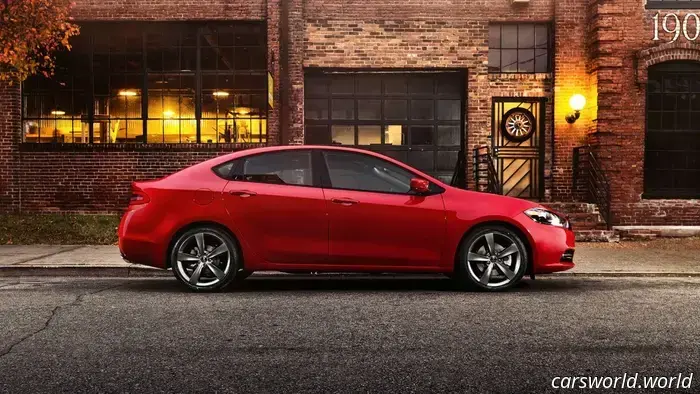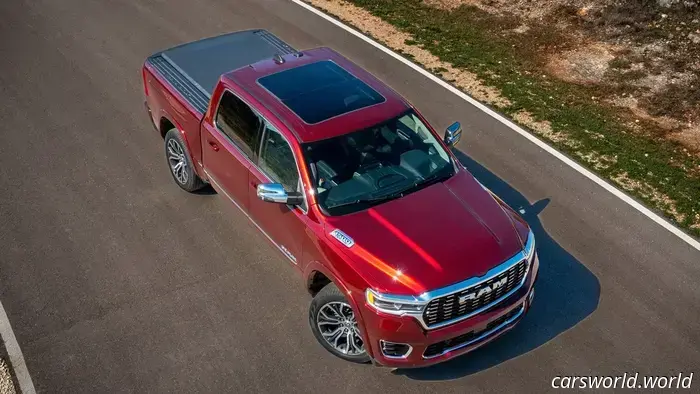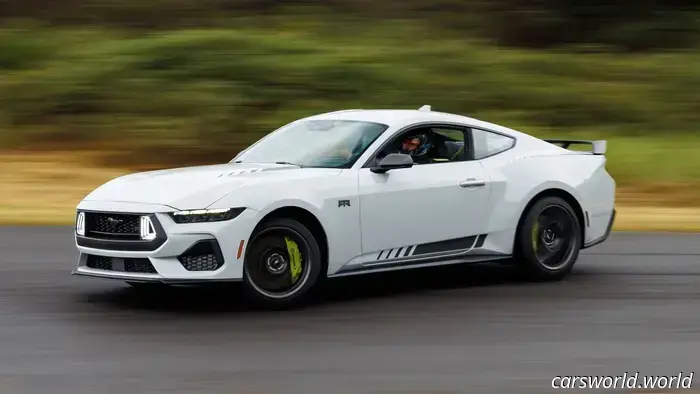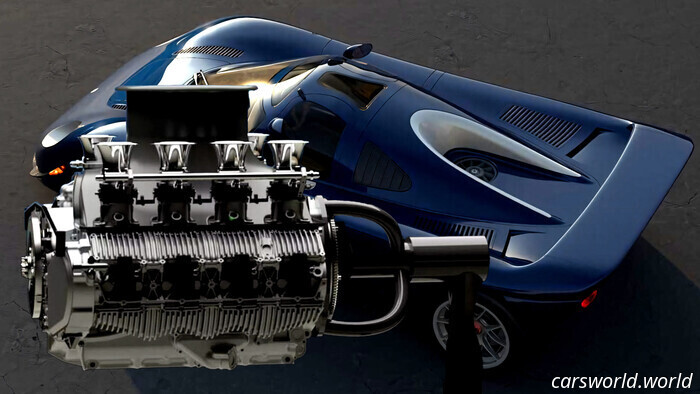
Following 46 incidents of fire, Ford has announced an urgent recall and a halt on sales. | Carscoops
Winter is approaching, but Ford and Lincoln are advising customers to refrain from using their engine block heaters.
Ford is recalling almost 60,000 vehicles due to a potential fire hazard linked to a defective engine block heater that may leak. The company has reported 46 incidents of fire, primarily in Canada.
Ford's recall actions have been unusually infrequent in recent weeks, but they have resumed with their 115th campaign of the year, affecting 59,006 vehicles that could experience short circuits and pose fire risks.
The recall spans several models, including the 2021-2024 Bronco and Bronco Sport, the 2020-2022 Escape, and the 2022-2024 Maverick. It also includes the 2019-2020 Fusion, the 2019-2024 Ranger, alongside select 2016-2018 and 2020-2023 Explorers. Additionally, the recall involves the 2020-2022 Lincoln Corsair and the 2016-2019 MKC.
### What’s Behind the Fire Risk?
The National Highway Traffic Safety Administration has stated that the vehicles might have engine block heaters that can leak coolant through their element pins, raising the risk of fires under the hood, especially when the heater is connected to a non-GFCI outlet.
Further investigation by the government indicated that cracks in the solder joints around the heater's base might allow coolant to “infiltrate into the block heater to cord interface.”
Once the coolant evaporates, it leaves behind electrically conductive salt deposits that accumulate over time, potentially corroding electrical connections or creating a “salt bridge.” This situation could lead to a resistive short circuit.
Engine block heaters are uncommon in non-diesel vehicles in the U.S., and it is estimated that only 1% of the recalled vehicles have this defect. Customers might notice problems by seeing coolant spots on their driveways or garages. Other signs include overheating, loss of cabin heat, low coolant warnings, or smoke from the block heater wiring.
### The Investigation
Ford first became aware of the problem in January after several fire incidents. They started an investigation and quickly learned that coolant could enter the cord pocket, which might create a short circuit when connected to 110V power.
During their investigation, Ford conducted X-rays and CT scans on the defective components, revealing solder voids and cracks in the solder joints. However, they could not determine the exact root cause of these defects.
By September, Ford was aware of 46 reported fires. The automaker also received six customer complaints, 30 “legal claims,” and 21 reports from Transport Canada.
Given the common use of engine block heaters in Canada, it is not surprising that most issues were reported there.
As per standard protocol, the recall includes a stop-sale order, and existing owners are advised not to use their engine block heaters until replacements are installed. Unfortunately, this remedy is not expected to be available until February 2026, which will be near the end of winter.




Other articles
 The Dart has made a comeback to trouble Dodge due to a substantial recall.
There isn't a solution for the Dart's shifter problems at the moment, but it is on the way.
The Dart has made a comeback to trouble Dodge due to a substantial recall.
There isn't a solution for the Dart's shifter problems at the moment, but it is on the way.
 Individuals Deceived Waymo's AI, Leading 50 Robotaxis to a Cul-de-Sac | Carscoops
A tech prank in San Francisco revealed that self-driving ride services can become overwhelmed when there are too many simultaneous requests.
Individuals Deceived Waymo's AI, Leading 50 Robotaxis to a Cul-de-Sac | Carscoops
A tech prank in San Francisco revealed that self-driving ride services can become overwhelmed when there are too many simultaneous requests.
 Ram Midsize Truck: Might It Be a V8-Engine Reskinned Jeep Gladiator?
The upcoming mid-sized Ram and the next Jeep Gladiator will be manufactured at the same plant. Signs indicate that the two may share many similarities.
Ram Midsize Truck: Might It Be a V8-Engine Reskinned Jeep Gladiator?
The upcoming mid-sized Ram and the next Jeep Gladiator will be manufactured at the same plant. Signs indicate that the two may share many similarities.
 Ford has recently revealed a factory-produced turbocharged Drift Mustang.
The upcoming RTR package for the Mustang pushes the EcoBoost into some truly exciting territory, courtesy of some enhancements from the Dark Horse.
Ford has recently revealed a factory-produced turbocharged Drift Mustang.
The upcoming RTR package for the Mustang pushes the EcoBoost into some truly exciting territory, courtesy of some enhancements from the Dark Horse.
 A Small American Brand is Creating a Supercar Featuring a New 5.3L Air-Cooled Flat-Eight Engine | Carscoops
This new engine from Runge can also be fitted into air-cooled 911 platforms.
A Small American Brand is Creating a Supercar Featuring a New 5.3L Air-Cooled Flat-Eight Engine | Carscoops
This new engine from Runge can also be fitted into air-cooled 911 platforms.
Following 46 incidents of fire, Ford has announced an urgent recall and a halt on sales. | Carscoops
Winter is approaching quickly, but Ford and Lincoln are advising customers to refrain from using their engine block heaters.
